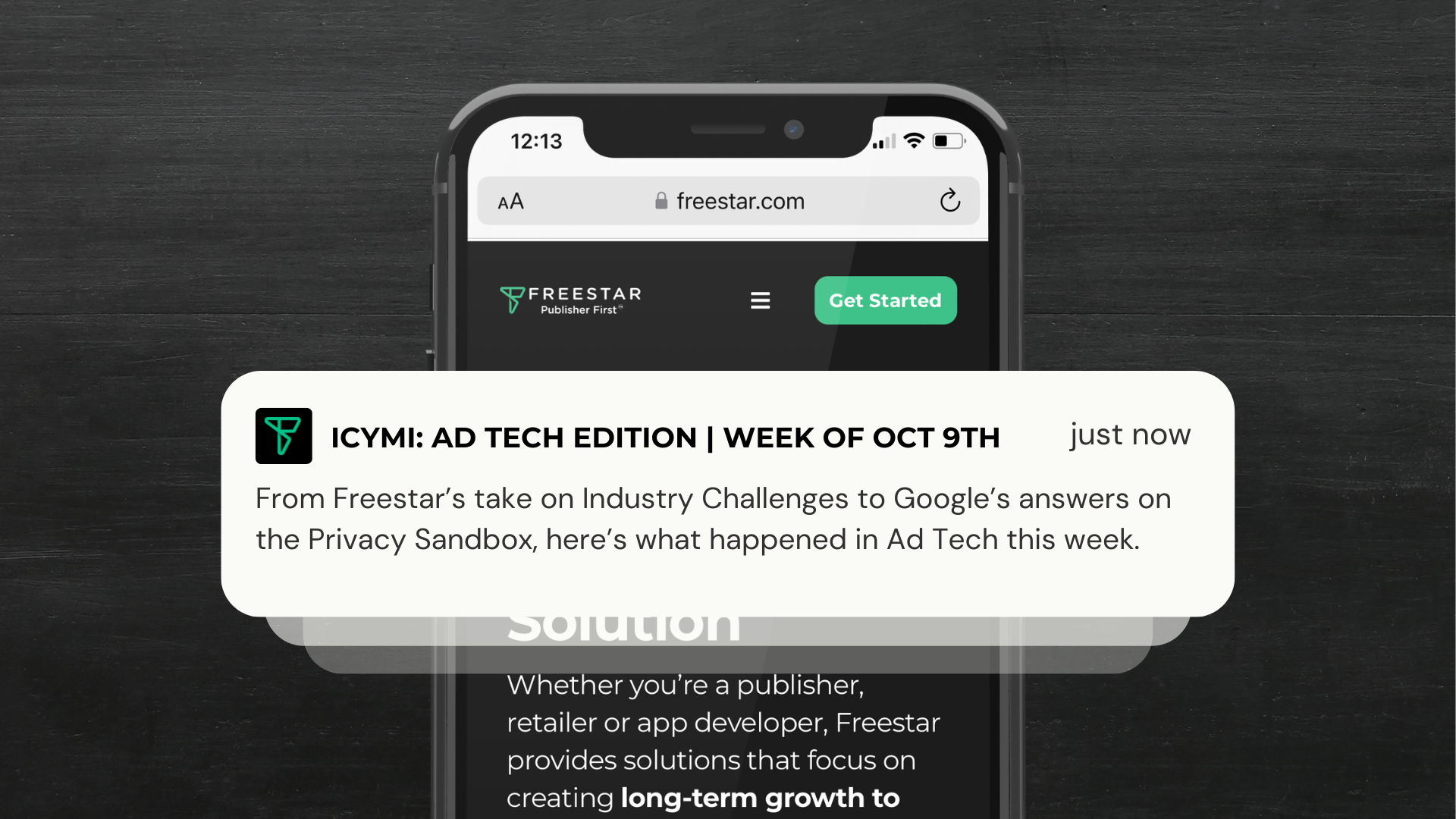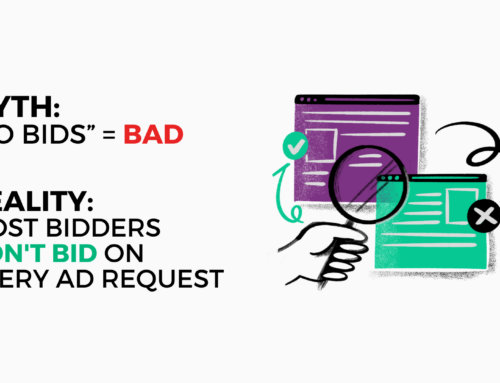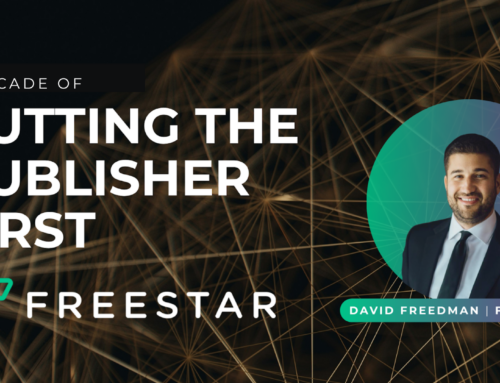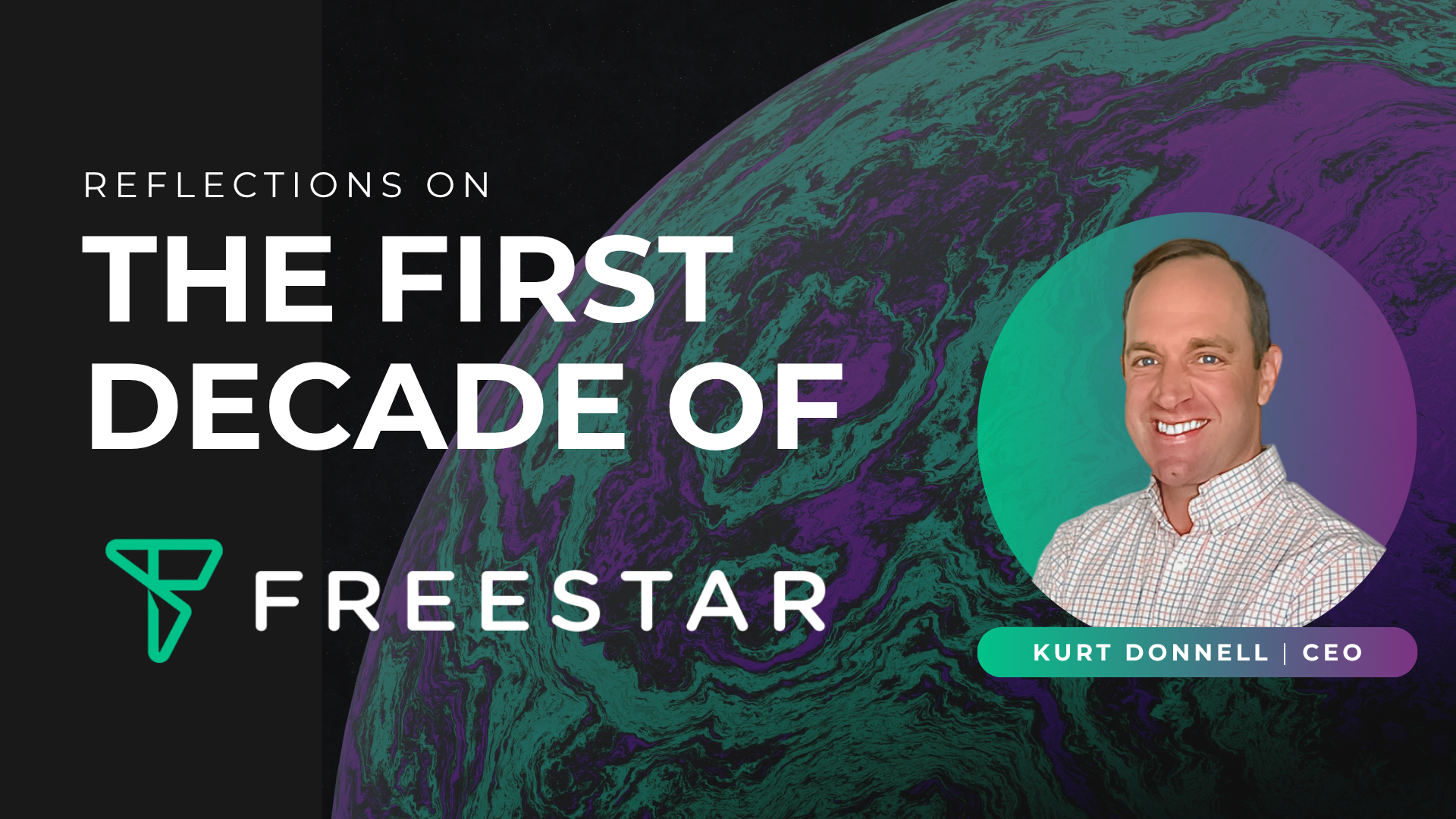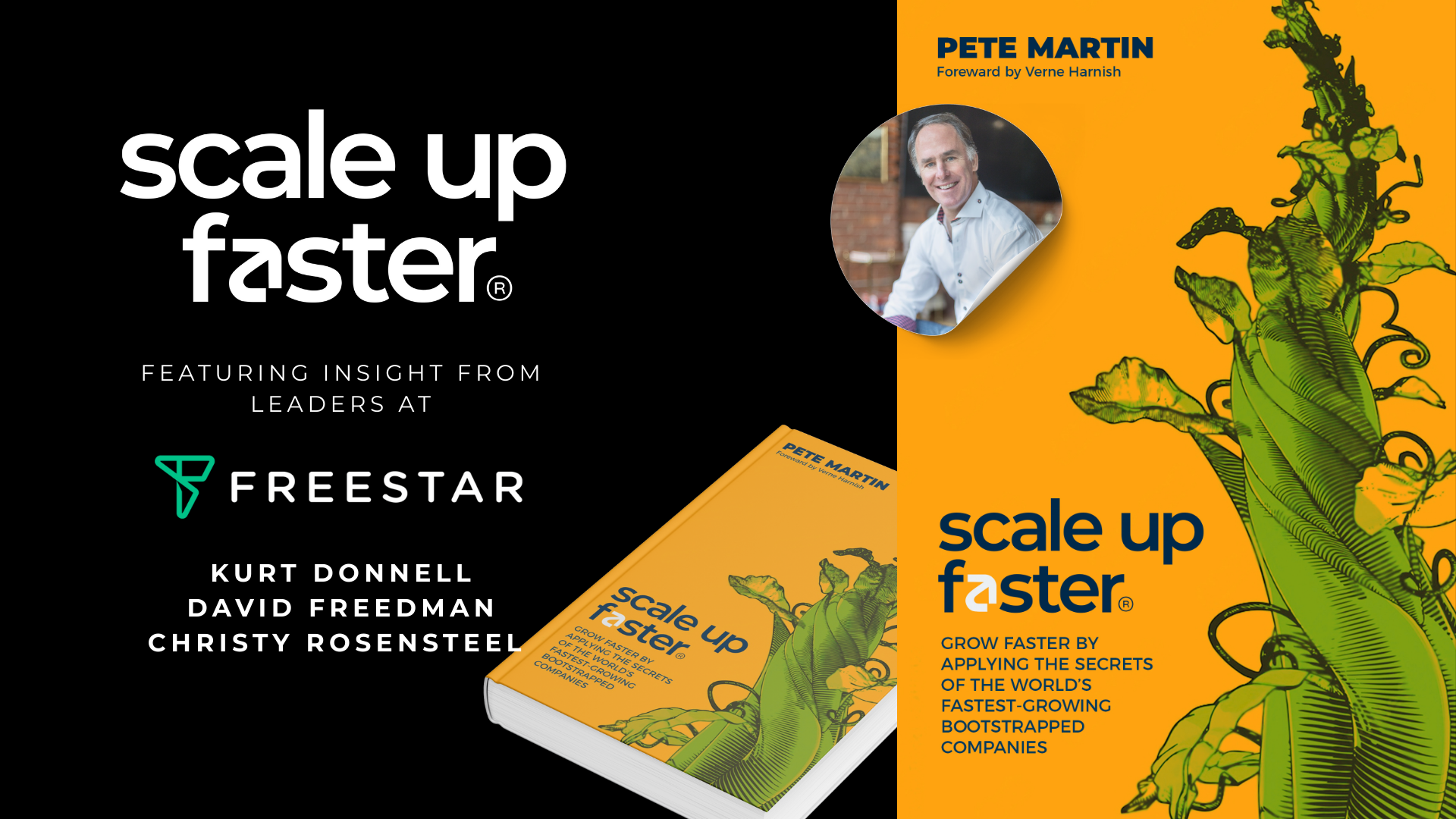Bits and Bobs from around the industry:
Freestar CEO, Kurt Donnell Talks 2023 Top Payors and Ad Tech with OAREX
Kurt Donnell, CEO of Freestar, shares insights on the ad tech space in 2023 and the challenges the industry is currently facing:
- The potential recession cloud over ad spend appears to be dissipating, with brands preparing for a stronger fourth quarter. M&A activity might be slower for the remainder of this year and early 2024, but fundraising and acquisition discussions are picking up.
- The distinction between SSPs and DSPs is blurring, and there might be more consolidation among smaller players to compete with industry giants.
- Challenges include a softer CPM market, publishers facing traffic declines due to reduced referrals from Facebook, Twitter, and Google, and the impact of COVID as people spent more time outdoors.
- Freestar is addressing these challenges by investing in its audience strategy team and working closely with publishers to help them monetize their traffic effectively.
- Timely payments are crucial to their supply partners, as Freestar recognizes that trust is a foundation of their relationships.
- Freestar, a full-service ad management company, offers technology like the Dynamic Ad Stack to optimize ad impressions and maximize advertising revenue for digital media publishers. They have an extensive network, reaching over 70% of all U.S. internet users each month.
- Kurt Donnell extends gratitude to OAREX for the recognition and highlighting the essential element of the ad tech industry.
This Q&A provides insight into the evolving ad tech landscape, the challenges faced, and how companies like Freestar are adapting to these changes.
Google Answers The Industry’s Burning Questions About The Privacy Sandbox
Google’s Privacy Sandbox APIs are set to replace third-party cookies in Chrome. Here are some key points from a discussion with Alex Cone, product manager for the Privacy Sandbox, regarding these changes:
- In Q1 2024, Google will deactivate third-party cookies for 1% of Chrome traffic for testing. By the second half of 2024, a gradual ramp-up of cookie deprecation will begin, with no specific date for complete deprecation.
- The Protected Audiences API allows sites to create user segments for targeted advertising.
- No, buyers don’t bid on Protected Audiences through Prebid. The bidding logic runs inside the Chrome browser, while Prebid’s bidding logic runs within a client-side ad server.
- Publishers can run multiple Protected Audience auctions, including one for Google Ad Manager and others for SSPs.
- Frequency capping is possible within the Protected Audiences API but is limited to campaigns in Chrome browsers and Android systems.
- Google’s measurement and attribution API works in Chrome browsers and Android apps but not in the Chrome iOS app.
- Data exported from the measurement API can be analyzed within Ads Data Hub or any other measurement platform.
- Publishers can see which interest-based Topics were associated with ad impressions.
- Iframes will still exist, while fenced frames are a more secure version designed to prevent data leakage from ad creative. They won’t be required for Protected Audiences auctions until 2026.
Google aims to prioritize transparency through open source development and involvement with industry feedback and organizations like the W3C. Regulatory authorities, like the UK’s Competition and Markets Authority, are also pushing for more transparency.
Publishers Reckon With Declining Facebook Referral Traffic as the Platform Pulls Away From News
Publishers have been grappling with declining referral traffic from Facebook since May when a “bug” was introduced due to an algorithm change. Despite assurances from Meta (formerly Facebook) that the issue would be resolved, nearly four months later, publishers are still uncertain if and when the traffic will return to normal.
The decline in referral traffic is not new, as platforms like Facebook have been reducing their investment in publishers. This change is speculated to be a result of Facebook de-prioritizing features that direct users away from their platform, such as discontinuing Instant Articles.
From August 2022 to August 2023, global Facebook referral traffic to top news sites was down 62%, and year-over-year declines in Facebook referral traffic ranged from 66% to 84% for various publishers.
Publishing executives mentioned strategies to counteract the decline, including increasing content output on Facebook, focusing on non-link based content like images and videos, and complying with Facebook’s preference for native video and engaging content. However, they also emphasized the need for diversifying social media content strategies to adapt to the changing landscape.

